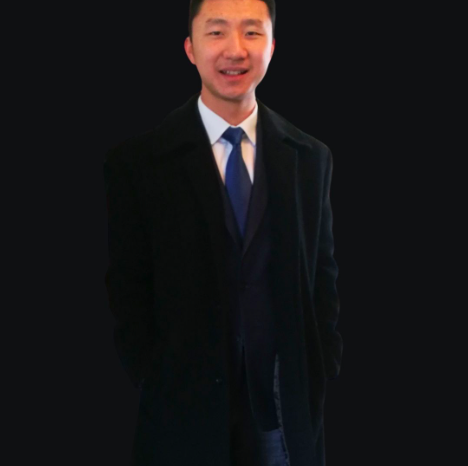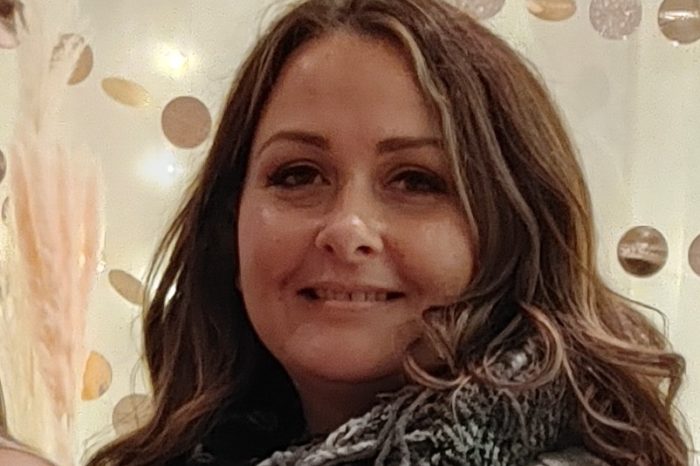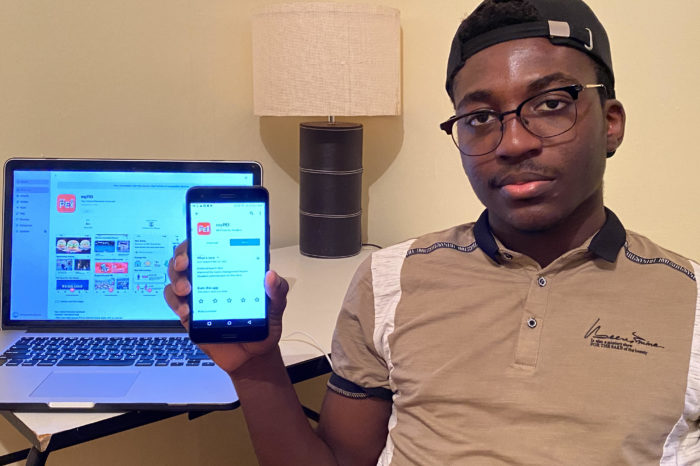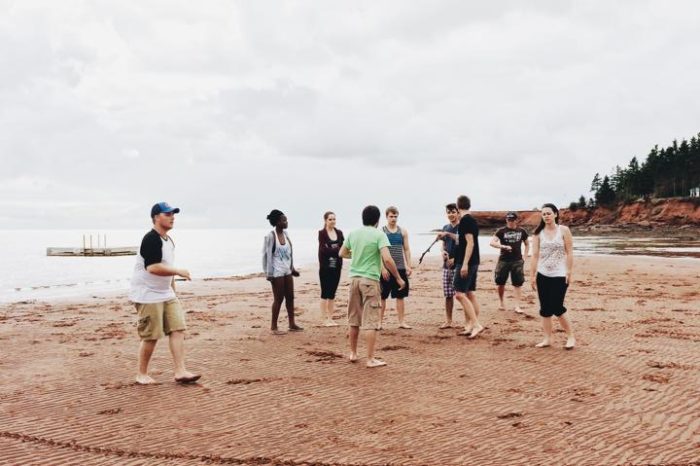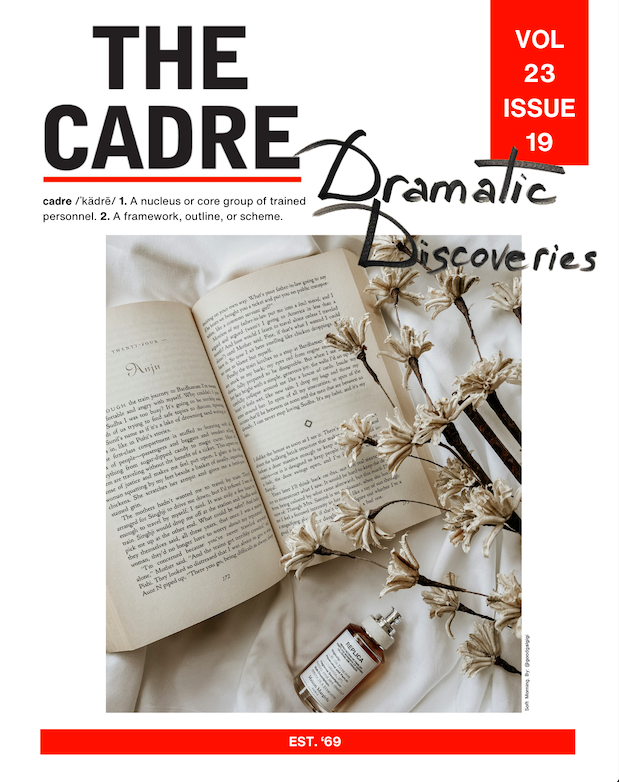By: Taya Nabuurs

Image courtesy of cbc.ca
A fourth-year UPEI student has recently brought to light the university’s investments in the fossil fuel industry with a petition he began in an effort to urge UPEI to divest from fossil fuels and re-invest in companies dedicated to renewable energy practices. Mitchell Crouse first became interested in the topic whilst taking a “Societies and Sustainability†course with Dr. Michael Arfken. After various discussions with other students, it became apparent that a class project would be a good way of engaging the student body and creating some awareness on campus of the need for more sustainable environmental practices.
The idea of a petition arose as a way to represent and involve more students in the initiative. After being introduced to the Fossil Free Canada movement, Crouse decided to look into the university’s investments to determine whether or not they were dedicated to supporting renewable energy practices. Crouse mentioned that he had
“Either UPEI did have investments in fossil fuels and this petition would urge them to divest in fossil fuels and reinvest in sustainable alternatives; or, UPEI did not have any investments in fossil fuels and this petition could highlight the good that UPEI was already doing by not having such investments. Regardless of the outcome, it would bring the issue to the forefront and we would be able to engage in a public discussion about the very real and very important environmental problems that we are facing.â€
UPEI has stated that its current energy investments constitute only 10% of its overall investments. This works out to $29 million out of the total $296 million in investments UPEI has made in various industries. Crouse assures that more still needs to be done:
“It is still absolutely critical that UPEI divests entirely.  It makes no long-term sense from an environmental perspective, and just as little sense from an economic perspective…UPEI must not only divest from fossil fuels, but also reinvest these funds in companies that are committed to developing renewable energy sources and that have no ties to any fossil fuels.â€
Crouse is emphatic in stating the urgency of the current climate problem. He states that post-secondary institutions, as symbols of future-oriented innovation, technology, and sustainable development, ought to be an example for the wider community in supporting environmentally conscious activities.
“Simply put, if the sound science is telling us to keep fossil fuels in the ground, I cannot fathom how an institute of higher learning that – through its vision statement – claims to advance an unwavering commitment to the well-being of the island, the nation, and the global community, can see this issue and continue to invest its money in fossil fuels.â€
Crouse recently brought his petition to the UPEI Student Union in the hopes that they would support the cause, take action on the matter, and assist in communicating students’ concerns with the university. Although no concrete promises were made, Council passed a motion agreeing to research the topic further, which proves a vital first time in garnering more support and awareness. The specific committee tasked with deciding whether or not to pursue this issue to the University administration is the Academic and External Affairs Committee (AXCOM). Despite the uncertainty, Crouse seems pleased with the Council’s engagement with the issue.
“The progress that has been made with the petition – even just the awareness that has been created around the issue – has been phenomenal and I do not want to understate how appreciative I am of people’s time and attention.  I hope that further research by the SU or any other body would lead to rapid change on the UPEI campus in the way of sustainability.â€
Crouse met on Monday with the Academic and External Affairs Committee (AXCOM) giving reasons for supporting the petition. The AXCOM is headed by VPAX John Rix and includes Policy and Research Coordinator Owen Shaw, and Councillors Stephen Wilfread, Zak Jarvis, Pierce Smith, Tayte Willows, and Sarah Outram. Crouse went into the meeting hoping to convince the committee to adopt divestment as an official SU policy, but had his work cut out for him as the Student Union has largely stayed away from non-expressly academic advocacy for the past several years, and several committee members were skeptical about whether such an issue falls under their jurisdiction. Crouse rejects this line of reasoning.
“It is important that everyone realize we are facing this threat right now.  It is not something that is in the distant future that we can leave to another generation.  This is our battle.  We already have the knowledge and the technology we need.  Now is the time to use it.â€
The Cadre had the opportunity to speak with Crouse after the meeting. Overall, Crouse was pleased with the response from the committee and is optimistic about the outcome
“Several of the AXCOM members had excellent questions for me after my presentation and we had a great dialogue about how we may implement such a strategy into UPEI’s policies, what options we may have, and just how drastic such changes would be.â€
However, divestment from fossil fuels was not the only thing of the meeting’s agenda. Crouse was pleased that the AXCOM was willing to engage in discussions about other ways in which the university could improve its environmental sustainability.
“We spoke of other strategies that may be suitable for UPEI alongside divestment, such as a campus greenhouse to provide local food and cut costs of importing foods and materials, photovoltaic cells installed in key locations around campus, and a thermal biomass to produce our energy, to name a few.â€
Considering the university makes money from its investments, the financial factor was always going to be the greatest hurdle to divestment. Subsequently, the committee discussed various divestment strategies to propose to the university that would minimize financial losses. In his exchange with the Cadre, Crouse was positive that the financial hurdle could be overcome, saying, “If UPEI were to divest slowly over the suggested 5 year period and reinvest into other companies with renewable energy and sustainable practices, then the monetary losses would seem to be extremely manageable.â€
Crouse was pleased with the rather positive outlook of the committee meeting although based on some discussions with the committee members, the SU may review the issue at a later time. VP Academic and External, John Rix, who heads the AXCOM, has assured that the topic will be included in future SU agendas. He says the committee has decided it will include it as a topic in the annual policy consultations coming up last this semester. As of right now, the topic is tabled until after further consultation. Â
Rix says, “there is a currently a debate among the members of the Academic and External Affairs committee about whether this is a post-secondary issue, or an issue that falls outside our mandate. It may be an issue that affects students but that does not mean it is a student issue. Ultimately, the committee wanted to bring the issue to the student body and let them decide what they want.”
Crouse is optimistic that this will not deter his efforts and hopes to make a difference by cultivating even more support for divestment within the student body, stating, “The campaign will continue on and we will do what is necessary to garner more support and continue to pressure UPEI to divest.â€
